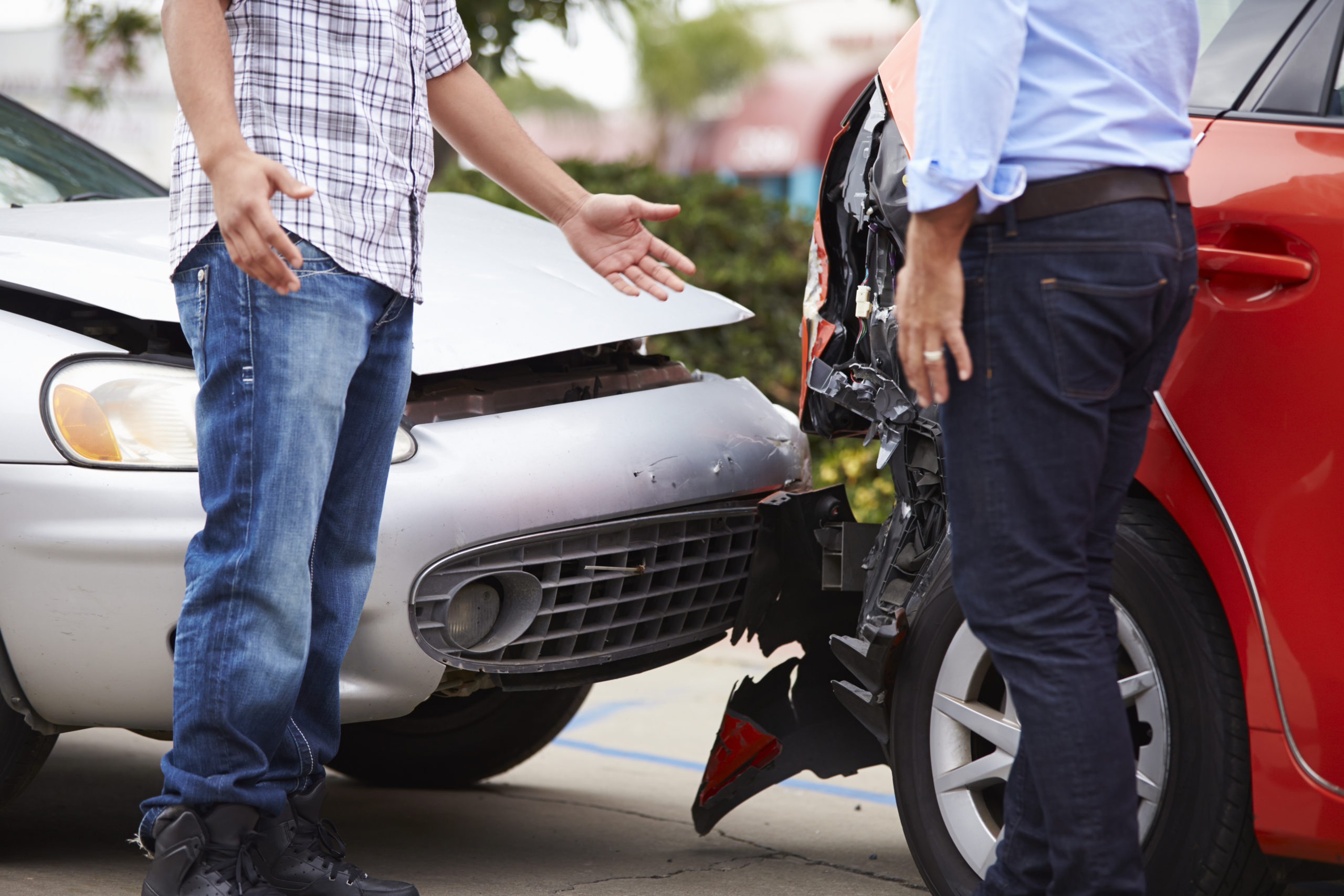
Car Accidents Cost $871 Billion Annually
A new study from the National Highway Traffic Safety Administration found that motor vehicle accidents cost the United States approximately $871 billion per year. This averages out to about $900 per person living in the U.S.
This number breaks down into $277 billion in economic costs and $594 billion in harm from the loss of life and the pain and decreased quality of life due to injuries. Overall, car accidents cost the taxpayers $24 billion in 2010, adding up to about $200 extra taxes for every household in the country.
The study found that drunk driving crashes account for 18 percent of the overall economic loss, adding up to $49 billion or $158 for each person in the U.S. Over 90 percent of these crashes involved a driver with a blood alcohol concentration of .08 or higher. The price tag of societal harm for drunk driving was $199 billion, or 23 percent of the total societal harm.
Speeding-related crashes accounted for 21 percent of the total economic loss ($59 billion total, $191 per person). Speeding crashes were also responsible for $129 billion of societal harm, or 15 percent of the total.
Crashes involving pedestrians and bicyclists accounted for 7 percent of total economic loss, adding up to $19 billion in 2010. These crashes cost $90 billion, or 10 percent of the nation’s overall car accident-related loss.
The use of seatbelts prevented $69 billion in additional medical care, lost productivity, and injury-related costs in 2010. Five percent of the economic loss was attributed to unbuckled occupants, costing $72 billion (8 percent of the overall economic loss). Unbuckled occupants caused 3,350 unnecessary fatalities, 54,300 serious injuries, and cost society $14 billion in preventable medical costs.
Distracted driving cost the country $46 billion in 2010.
The cost of car accidents in the United States adds up to nearly 2 percent of the $14.96 trillion Gross Domestic Product. Beyond medical care, car accidents have a wide impact on the economy, affecting:
- productivity losses
- property damages
- rehabilitation costs
- legal and court costs
- emergency services
- insurance administration costs
- costs to employers
Approximately three-fourths of these costs are covered by taxes, insurance premiums, and congestion-related costs like travel delay, excess fuel consumption, and environmental effects.
The study looked at 2010 data, which included 32,999 deaths, 3.9 million non-fatal injuries, and 24 million damaged vehicles. The figures used in the study accounted for police-reported and unreported crashes.


















